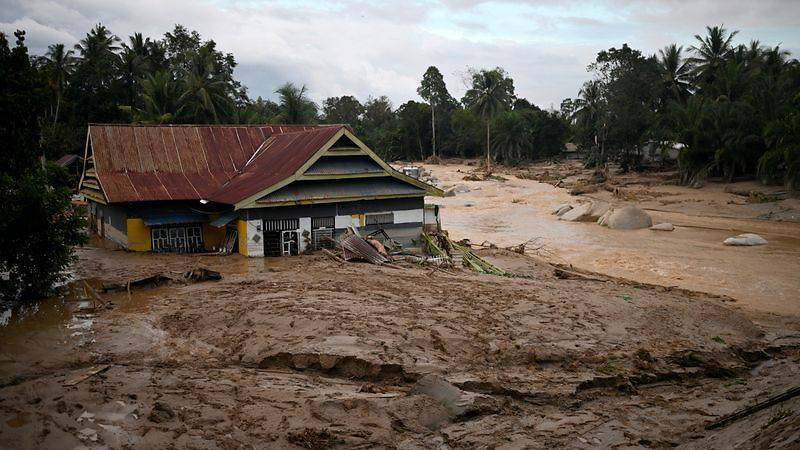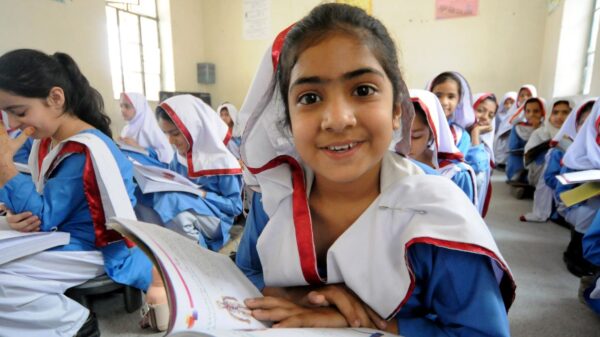Islamabad: The National Disaster Management Authority has issued flood and landslide alerts as heavy and light rains are anticipated across various regions, including Gilgit-Baltistan and Azad Kashmir, in the initial week of July.
According to the NDMA’s forecast, moderate to heavy rains could lead to increased water levels in nullahs, streams, and rivers, potentially causing flash floods in low-lying areas. There is a particular concern for hill torrents in regions such as Dera Ismail Khan, Dera Ghazi Khan, Rajanpur, and along the Suleman and Kirthar mountain ranges, which may trigger urban flooding in major cities.
Furthermore, the monsoon precipitation may prompt landslides in vulnerable areas of Murree, Galiyat, Azad Kashmir, Gilgit-Baltistan, and mountainous regions of Khyber Pakhtunkhwa and Balochistan. Elevated temperatures combined with rainfall in Gilgit-Baltistan and KP could also increase the risk of Glacial Lake Outburst Floods (Glofs) in susceptible valleys.
The NDMA also highlighted potential risks from dust storms, wind, thunderstorms, and heavy showers, which could damage infrastructure such as electrical poles, solar panels, trees, and buildings under construction.
In light of these forecasts, citizens, especially travelers and tourists, are advised to stay informed about weather and flood conditions, adhere to precautionary measures, and consider alternative routes for travel.
Meanwhile, residents of Rawalpindi and Islamabad experienced relief from scorching temperatures on Sunday evening following rainfall in various areas. The temperature in Islamabad dropped from 41°C to 36°C during the downpour, which began in the afternoon and lasted until early evening. Despite the rain, water levels in Rawalpindi’s Leh Nullah remained manageable.
Looking ahead, the Pakistan Meteorological Department anticipates mainly hot and dry weather across most parts of the country, with possible windstorms, thunderstorms, and isolated rainfall in specific areas of Khyber Pakhtunkhwa, northeast Punjab, the Potohar region, Islamabad, northeast Balochistan, southeast Sindh, Gilgit Baltistan, and Kashmir on Monday.
In Karachi, however, the heatwave persisted with temperatures reaching 40.6°C and relative humidity at 54%. The Met Department forecasts continued hot weather for the next few days in Karachi, attributing it to dry continental winds following a westerly wave.










